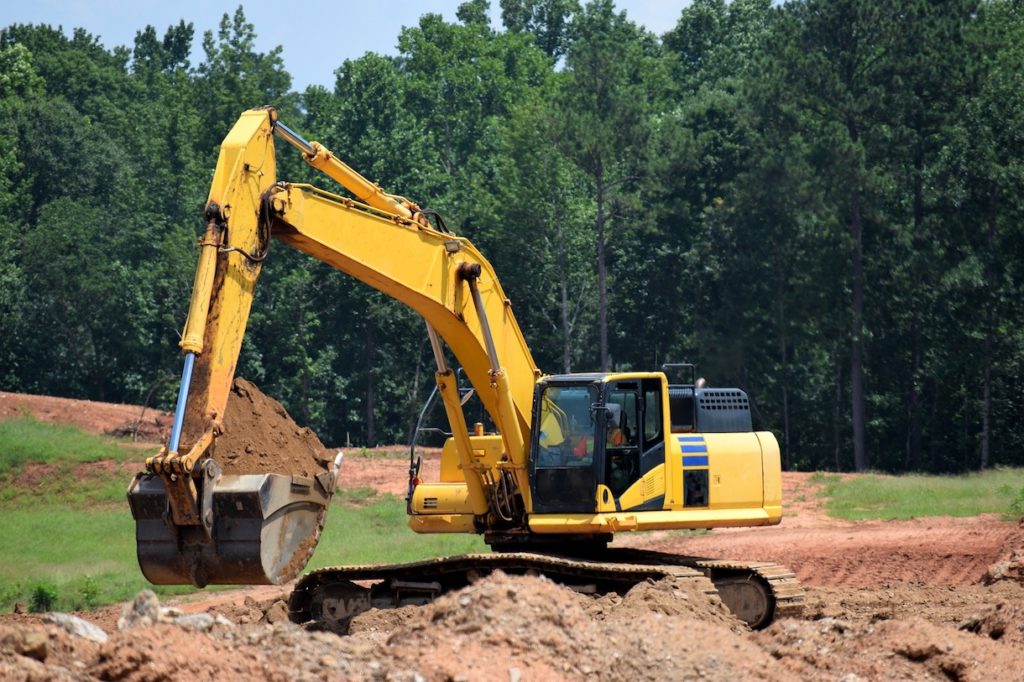
You want to build a residential house in a residential zone in your town. You need a zoning permit from the Zoning Enforcement Officer. You fill out the application, meet all the necessary requirements, and the zoning permit to build your house is issued by the Zoning Enforcement Officer.
Is that the end of your process? No, but many people aren’t aware of the proper steps.
Thinking that you can proceed to build, you put the plans out to bid with local contractors and select a contractor. You plan to build the house in the spring but the rainy season arrives and you do not start until the fall. The construction vehicles then arrive and start to dig your foundation in September.
Your neighbor for the first time realizes that there will be a house next to his. He is concerned and consults an attorney. The attorney investigates and finds that his client has a right to appeal to the local Zoning Board of Appeals from the issuance of the permit. As you are pouring the foundation, you receive notice that an appeal to the local Zoning Board of Appeals has been taken by your neighbor.
A hearing before the Zoning Board of Appeals will be required, and another appeal from the Zoning Board of Appeals’ decision to the court may follow. The whole process may take a year or more. In the meantime, your new construction is in limbo.
This result can be avoided. You should give notice to your neighbor that you have received a zoning permit to build the house. Connecticut General Statutes § 8-7 provides that any decision of the Zoning Enforcement Officer may be appealed to the local Zoning Board of Appeals. The issuance of a zoning permit is a decision.
How do you give that notice? You can provide actual notice to your neighbors, or publish a legal notice that you have received a permit in the newspaper, or rely on constructive notice to your neighbor when the bulldozer arrives. Obviously, the last is not an acceptable option.
We recommend, therefore, that in all cases where a zoning permit is issued that the recipient publish notice of the issuance of the permit in a local newspaper having circulation in the community. The publication of the notice should state that the permit has been issued and must contain a description of the use or structure that was approved, the location of the building use or structure, the identity of the applicant and a statement that the aggrieved persons may appeal to the Zoning Board of Appeals in accordance with the provision of Connecticut General Statutes § 8-7.
To ensure the notice is adequate, you should consult your attorney. After publication of the notice, if no appeals are brought to the Zoning Board of Appeals, then construction may begin.
Cramer & Anderson has multiple respected attorneys working in the area of Land Use who would be willing to consult at any time on these matters.

